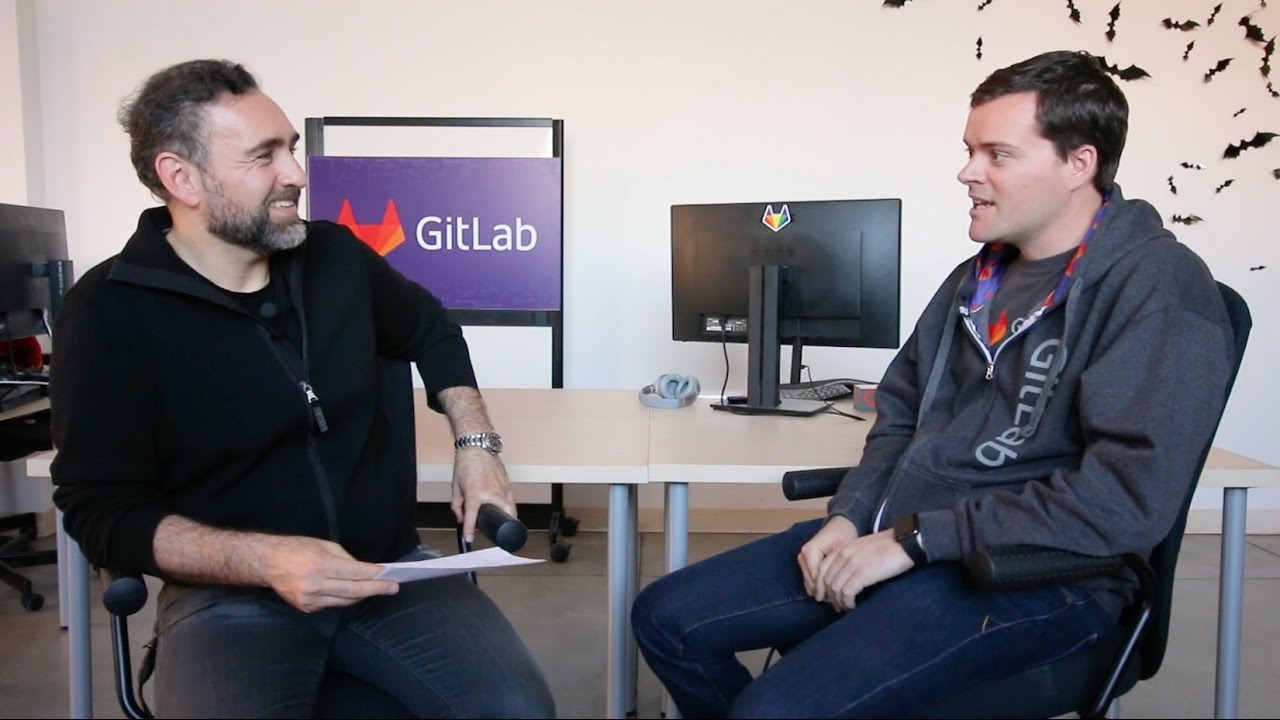GitLab's Secret to Managing 160 Employees in 160 Locations
by Y Combinator2/9/2017

Ali Rowghani, head of YC Continuity, talks to GitLab CEO Sid Sijbrandij (W15) about how GitLab has built a completely distributed company with 160 people (and growing). We filmed this conversation at GitLab’s SF headquarters, where Sid is the only local employee. Sid’s biggest tip for success in scaling a distributed company: write everything down.
Listen up for…
2:41 – GitLab values boring solutions: our product should be exceptional, but the company structure should be run-of-the-mill.
3:10 – “After a few days, they just started working from home” – Sid talks about how GitLab didn’t really set out to create a distributed company — it just evolved naturally.
3:46 – Take an extra minute to write things down, so that you can save time and give people the tools they need to succeed. Everything from who starts a video conference, to OKRs for the whole company.
8:28 – What has been the most difficult part about building a company this way? Fundraising. It was difficult to convince investors that GitLab could continue to scale the completely distributed company. They kept hearing, “You tick all of our boxes, except for this remote thing. That’s new and we can’t take a risk.”
10:02 – What type of person works best in this model, and what are the social components to make up for what people might miss from working at an office?
14:20 – What wisdom can Sid share for other YC companies (or any startup) who may want to try to grow a company this way? Be a broken record about writing everything down
Special appearance: Sid’s cat, Suzy, who is also based out of GitLab’s SF HQ.
Note from Ali: We filmed this interview on January 26. We hope to get together with Sid to dig into GitLab’s approach to transparency with customers, which was shown in a big way last week after we finished up this video. If you missed it, GitLab went so far as to livestream their team’s real-time progress as they worked through a database incident.
Other Posts
What startup hiring looks like in 2021 — and during a pandemic
January 17, 2022 by Ryan Choi
Author

Y Combinator
Y Combinator created a new model for funding early stage startups. Twice a year we invest a small amount of money ($150k) in a large number of startups (recently 200). The startups move to Silicon